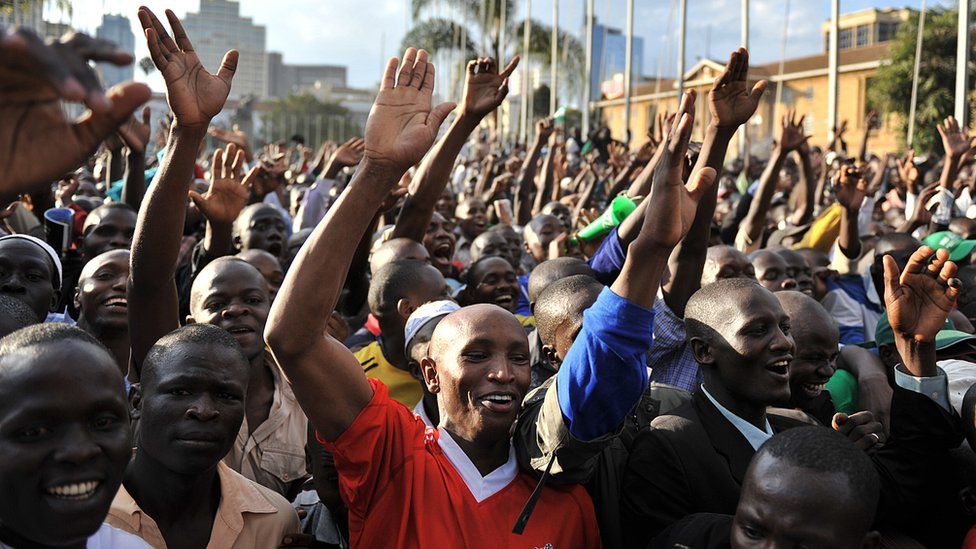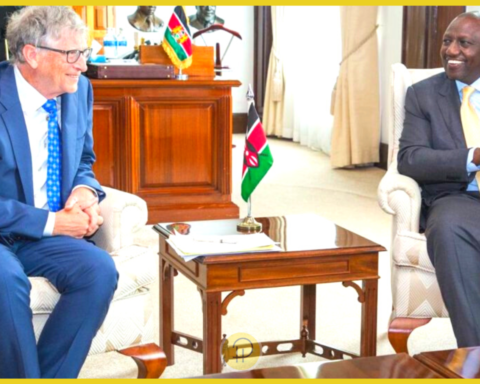Kenya’s political climate has been characterized by a complex interplay of narratives, often revolving around victimhood and responsibility. In recent times, the tendency to embrace victimhood and deflect accountability has become increasingly pronounced.
This phenomenon is exemplified by instances where Kenyan citizens have readily played the victim card, even when their actions have contributed to the very circumstances they decry.
Political Manipulation
One instance that underscores this trend is the debate surrounding the distribution of subsidized fertilizer. The government’s call for farmers to register and benefit from this initiative should ideally been a welcome opportunity for agricultural advancement. However, political figures in the opposition strongholds have often used such scenarios to exploit ethnic sentiments.
By advising their communities to abstain from participating in programs orchestrated by a government they label as “illegitimate,” politicians create a divisive atmosphere. The irony emerges when these same politicians then accuse the government of marginalizing those very groups they advised to boycott. This cyclic manipulation reveals a willingness to alternate between victimhood and accusation, depending on the prevailing political narrative.
Cultism in Our Politics
The influence of cult leaders like Mackenzie and Co on their followers cannot be underestimated. Tragedies that befall cult members are indeed cause for concern, and questions should be raised about the government’s role in oversight.
However, when the government acts to regulate or intervene in the activities of religious organizations with questionable practices, accusations of persecution often arise. This narrative is then intertwined with ethnicity, as exemplified by the case of Pastor Ezekiel. This tendency to selectively attribute persecution based on ethnicity is a reflection of how victimhood narratives can sometimes cloud objective assessments.
Unrest, Anarchy, and Law Enforcement
Kenya’s history has seen periods of social unrest marked by protests and clashes between citizens and law enforcement. While some demonstrations have genuine grievances, there are instances where violence is embraced in the name of resistance. Videos depicting confrontations between protesters and police are circulated, and anarchy is, at times, glorified.
Curiously, when the police respond to restore order, claims of “genocide” and pleas for international intervention emerge. This shift from participating in disorder to condemning its aftermath again showcases the willingness to adopt a victim mentality while sidestepping individual responsibility.
What Happened to Us?
In pondering the question “What happened to us?” it’s essential to recognize that this is not a universal trait but rather a reflection of the complex interplay between political manipulation, historical narratives, and group psychology.
The dichotomy between the admirable values many Kenyans were raised with and the tendency towards victimhood can be attributed to a confluence of factors including political polarization, economic disparities, and historical grievances.
While it’s natural for any society to experience tensions and evolving narratives, it’s crucial for Kenyans to engage in open dialogues that transcend ethnic lines and recognize the shared responsibility for their nation’s progress.
Acknowledging the past while taking ownership of the present can help in crafting a more unified and accountable Kenya—one that rises above the pitfalls of victimhood and strives towards a future that reflects the values they once admired.










